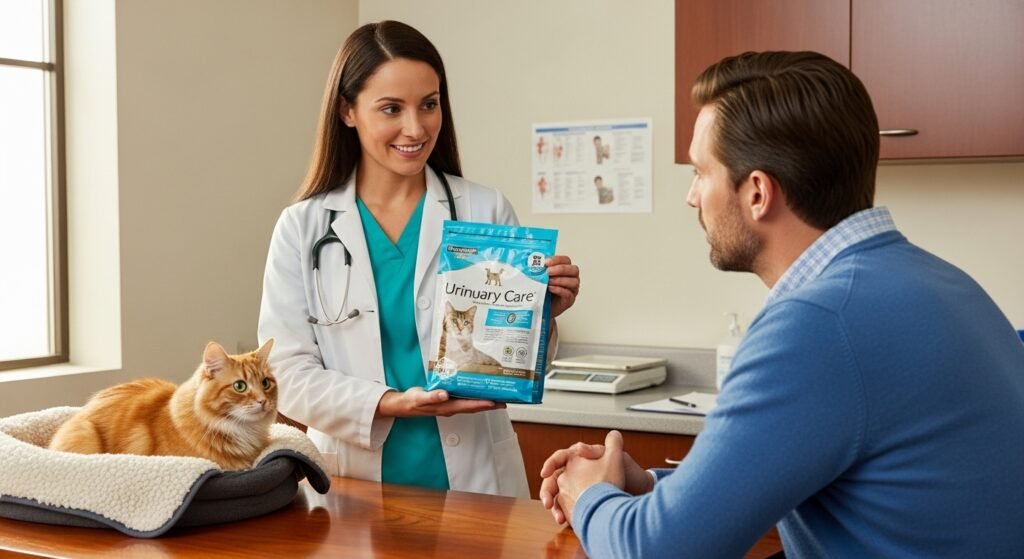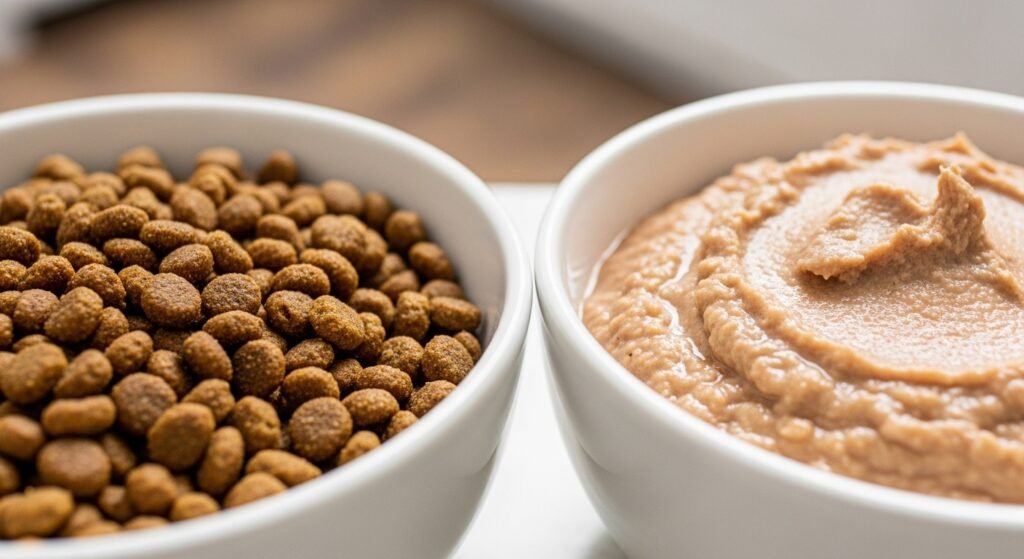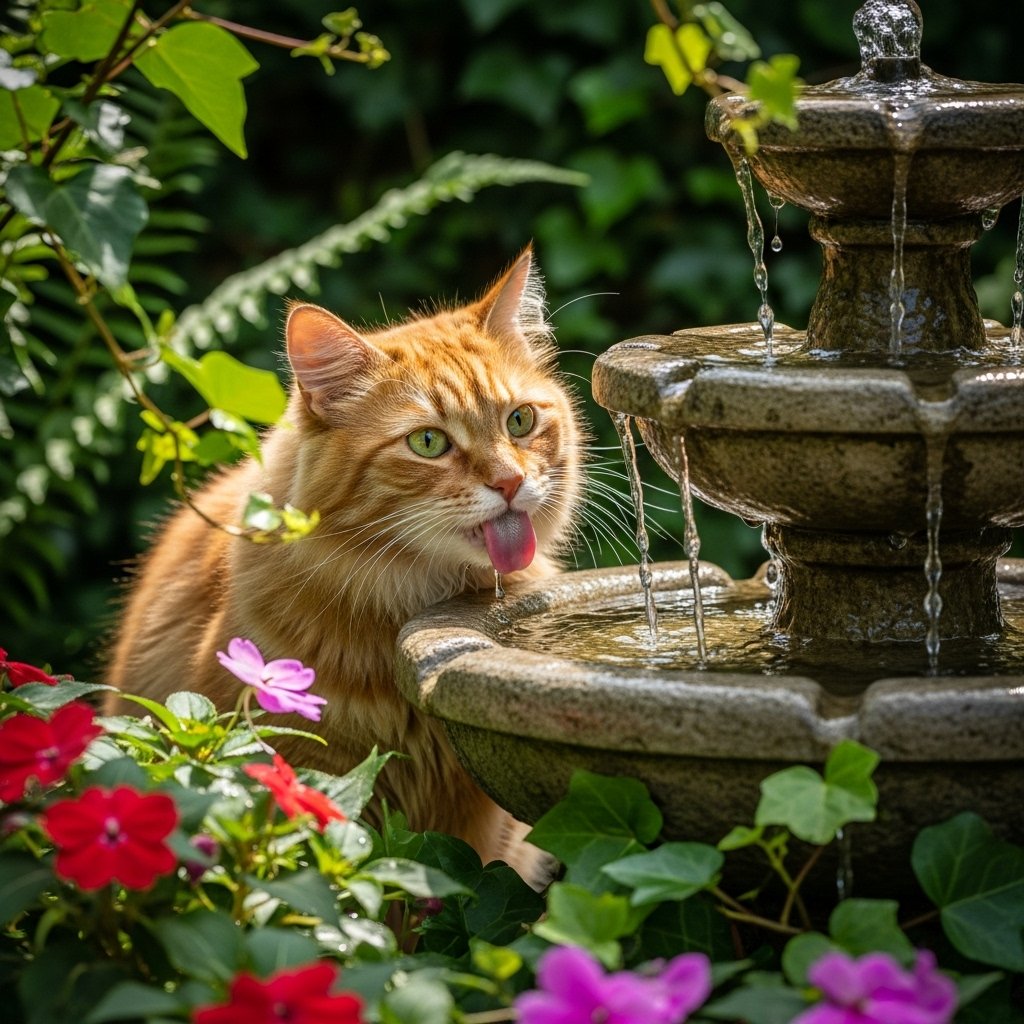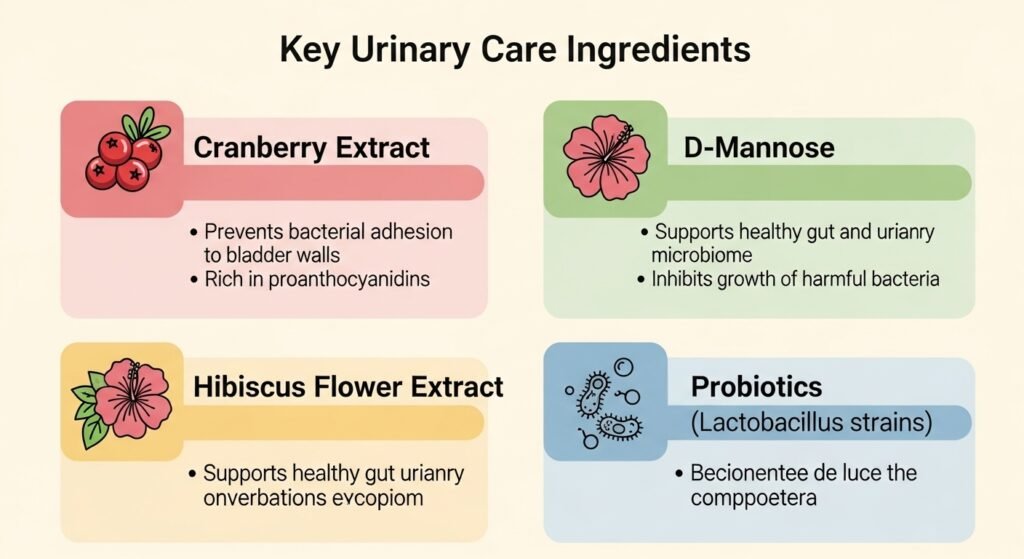
Urinary Care Cat Food: What Ingredients Matter Most
If your cat has ever suffered from urinary tract issues, you know how scary and painful it can be. Conditions like urinary crystals, blockages, or bladder inflammation are surprisingly common in cats, especially males.
That’s why many veterinarians recommend urinary care cat food to manage and prevent these problems. But what actually makes these diets effective?
Let’s break down the ingredients that matter most in urinary care cat food, so you can choose the best option for your feline friend.
Why Urinary Health Matters in Cats
Cats are naturally prone to urinary issues because:
- They evolved as desert animals and often don’t drink enough water.
- Many cats eat primarily dry kibble, which doesn’t provide much moisture.
- Stress and diet can trigger urinary problems like FLUTD (Feline Lower Urinary Tract Disease).
Symptoms of urinary trouble include:
- Frequent trips to the litter box with little output
- Straining or crying during urination
- Blood in the urine
- Peeing outside the litter box
If you see these signs, always call your vet immediately. A urinary blockage can be life-threatening.

Key Ingredients in Urinary Care Cat Food
- Controlled Magnesium Levels
- Too much magnesium can lead to struvite crystals in the bladder.
- Urinary diets carefully balance magnesium to reduce crystal formation.
- Increased Moisture
- Wet food is often better than dry for urinary health.
- Higher water intake helps dilute urine and flush the bladder.
- Balanced pH (Acidifiers)
- Urinary foods often contain DL-methionine or ammonium chloride to maintain a slightly acidic pH.
- This prevents both struvite (alkaline) and calcium oxalate (acidic) crystals.

- High-Quality Protein
- Protein is essential for cats, but sources matter.
- Urinary diets typically use animal-based proteins that are easier to digest and reduce mineral excess.
- Reduced Mineral Content
- Lower levels of phosphorus, calcium, and magnesium reduce stone risk.
- Still balanced to ensure your cat doesn’t miss essential nutrients.
- Omega-3 Fatty Acids
- Found in fish oil or flaxseed.
- Help reduce bladder inflammation.
- Added Antioxidants
- Vitamins C & E boost immune health.
- Protect urinary tract lining from inflammation damage.
Wet vs. Dry: Which Is Better?
- Wet Food → Best for urinary health due to high moisture.
- Dry Food → More convenient, but should be paired with a water fountain.
- Combination Feeding → A mix can balance hydration with dental benefits.
Many vets recommend exclusively wet food for cats prone to blockages.
Vet-Recommended Urinary Diets
Here are some U.S.-available options commonly recommended by vets:
- Hill’s Prescription Diet c/d Multicare
- Royal Canin Urinary SO
- Purina Pro Plan Veterinary Diets UR
Always consult your vet before switching to a prescription diet.
Hydration: The Secret Ingredient

No matter the food, hydration is the #1 key to urinary health.
Tips to encourage drinking:
- Use a cat water fountain (many cats prefer running water).
- Add water or broth (no onion/garlic) to wet food.
- Place multiple bowls around the house.
Foods & Habits to Avoid
- High-Magnesium Fish (like tuna in excess)
- Dry kibble-only diets for cats prone to urinary issues
- Stress triggers (sudden changes, dirty litter boxes)
Stress management plays a role, too urinary issues are often linked to anxiety.
Transitioning to a Urinary Diet
Switching foods should always be done gradually:
- Mix 25% new food with 75% old food for 3–4 days.
- Increase to 50/50 for another few days.
- Move to 75% new food until fully transitioned.
Cats are picky eaters patience is key.

Fun Facts About Cat Urinary Health
- Male cats are more prone to blockages than females.
- Stress reduction (play, enrichment) can help prevent urinary flare-ups.
- Cats fed wet food diets have fewer urinary problems overall.
- Some urinary diets also promote weight control, reducing pressure on the bladder.
Final Thoughts
Urinary care cat food isn’t just a label it’s a carefully designed diet that helps protect cats from painful, dangerous urinary conditions.
By focusing on moisture, balanced minerals, controlled magnesium, and pH regulation, these foods give your cat the best chance at a healthy bladder.
If your cat has urinary issues, always consult your vet before making changes. But with the right food, hydration, and care, your feline friend can live a comfortable, crystal-free life.




Jafferson Chase
informative 👍